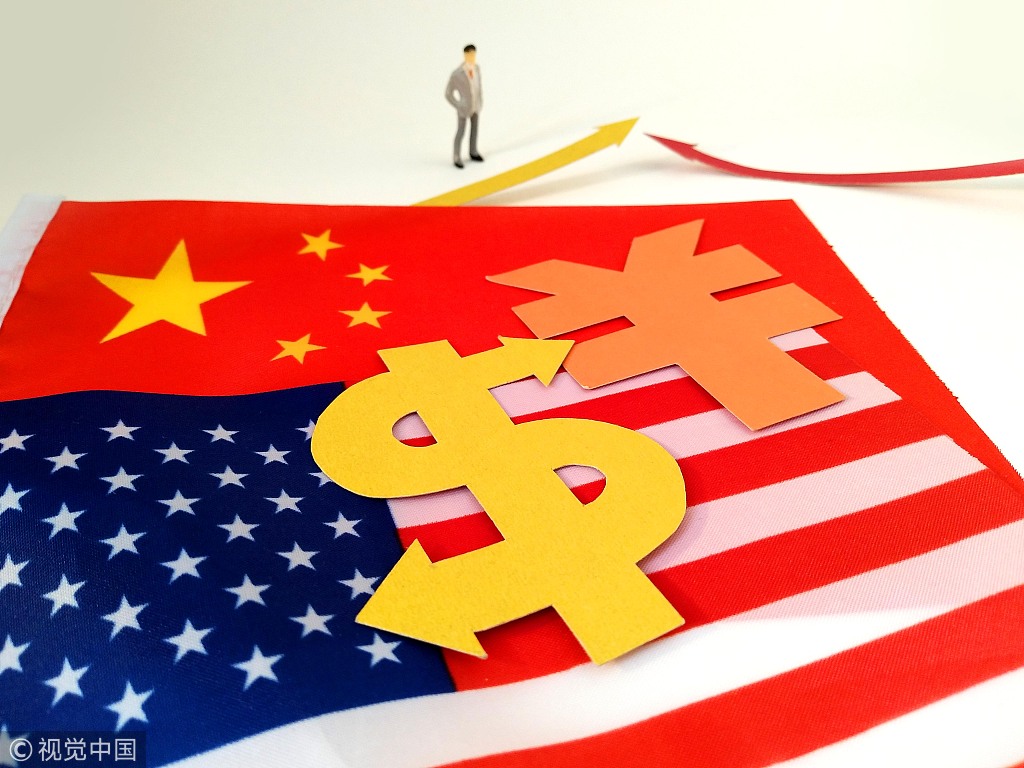Consistency required in trade talks: China Daily editorial
chinadaily.com.cn | Updated: 2019-08-14 20:35

The Sino-US trade spat, which started more than a year ago, has never been short of twists and turns, thanks to a series of about-faces by the US administration.
Although the Office of the US Trade Representative said on Tuesday that it is still planning to go ahead with the proposed tariffs on another $300 billion of Chinese imports on Sept 1, it also announced it is delaying the tariffs to Dec 15 on some electronic goods and toys, along with shoes and clothing, supposedly due to pressure from retailers and other businesses.
The decision was made, it said, for the Christmas season and is meant to ease the impact of the tariffs on US holiday sales. Yet most retailers would already have acquired their Christmas stock.
The surprise decision came together with the news that Chinese trade negotiators had spoken by phone with their US counterparts, and they plan to talk again in two weeks, which may mean it is a sign that the US administration is willing to soften its position. Certainly it has been interpreted that way by investors, as the news has sparked market rallies worldwide.
But, although welcome, to conclude from this that the prospects of a deal are now brighter is being too optimistic, given the many flip-flops of the US administration. After all, Washington announced it would impose 10 percent tariffs on another $300 billion in Chinese goods early this month, the day after the meetings between Chinese and US trade negotiators concluded in Shanghai, which the US side at the time described as "constructive".
This is not the first time it has had a sudden change of heart. A deal had looked to be on the cards after the previous round of talks in Washington before the US administration suddenly decided to move the goal posts.
The capriciousness of the US administration and its constantly shifting demands are the main impediments to ending the trade conflict, which has already cast the shadow of recession over the global economy. Economists at Bank of America Merrill Lynch have raised the odds of a recession next year from 20 percent to roughly 33 percent.
Nevertheless, even while it prepares for the worst, China will continue to negotiate with the US with sincerity, on the basis of equality and mutual respect.
Only by doing the same can US negotiators work with their Chinese counterparts to find a solution to the existing trade problems. The interdependency of the world's two largest economies means that confrontation hurts both — and must be avoided.
























